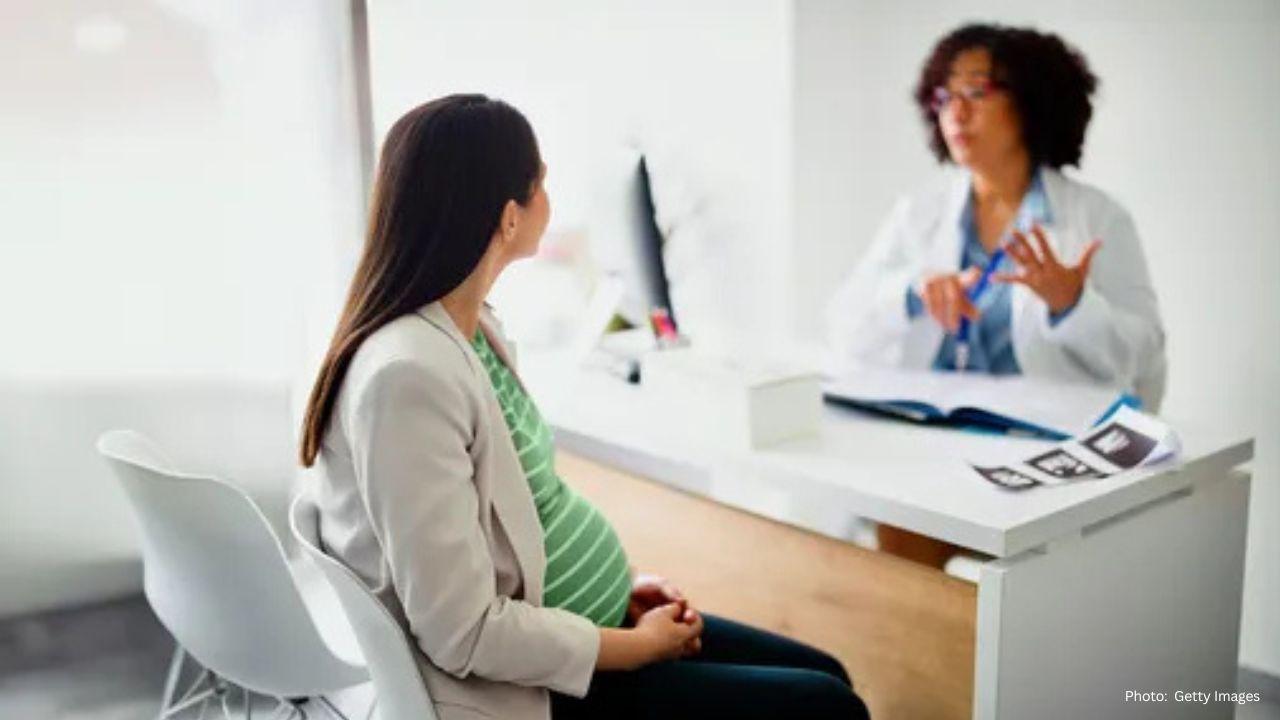You have not yet added any article to your bookmarks!

Join 10k+ people to get notified about new posts, news and tips.
Do not worry we don't spam!

Post by : Saif Rahman
Gallbladder stones, known as gallstones, are hard crystals that develop in the gallbladder. Their occurrence is notably higher among pregnant and postpartum women due to hormonal fluctuations and physiological changes. Grasping the reasons for their formation and learning preventive measures is crucial for maternal health.
Reasons for Gallbladder Stones
Pregnancy leads to increased production of estrogen and progesterone. These hormones contribute to thicker bile, raising the chances of stone formation. Additionally, progesterone relaxes bodily muscles, including those in the gallbladder, which can hinder bile expulsion and elevate the risk of stone development.
Other contributing factors include:
Weight gain during pregnancy
A diet high in fats or irregular eating patterns
Family history of gallstones
Age over 30
Gallstones may also appear after childbirth due to sustained high hormone levels postpartum.
Recognizing Gallbladder Stone Symptoms
While gallstones might not always present symptoms, when they do, the following may occur:
Pain in the upper right side of the abdomen, often post-meal
Nausea or vomiting
Bloating and indigestion
Fever or chills may indicate an infection
These symptoms can sometimes mimic regular pregnancy discomfort. Therefore, it is advisable to consult with a healthcare professional if the pain is intense or prolonged.
Preventing Gallstones
Women can significantly lower the risk of developing gallstones by following these simple practices:
Consume smaller, more frequent meals to keep the gallbladder functioning.
Incorporate plenty of fiber through fruits, vegetables, and whole grains to aid digestion.
Avoid greasy and fried foods that can elevate the risk of stone formation.
Stay active with light exercises like walking to support digestive health.
Monitor weight gain to ensure it remains within healthy limits during pregnancy.
Management and Treatment
In cases of severe pain or complications arising from gallstones, medical professionals may recommend medications or, in rare instances, surgery. Most mild cases can often be managed effectively through dietary adjustments and careful observation.
Gallbladder stones can frequently develop during pregnancy and the postpartum period due to hormonal shifts and reduced bile flow. By maintaining a nutritious diet, exercising regularly, and being aware of warning signs, women can effectively minimize their risk. Prompt attention is key to ensuring the well-being of both mother and child.










Landfill Collapse in Cebu Kills Four, Dozens Missing as Rescue Continues
A massive landfill collapse in Cebu City has left four dead and dozens missing as rescuers race agai

Netanyahu Says Israel Aims to End US Military Aid Within 10 Years
Israeli PM Benjamin Netanyahu says Israel plans to gradually stop relying on US military aid within

Dhurandhar’s Box Office Roars On: Ranveer Singh’s Spy Thriller Shatters Records
Ranveer Singh’s Dhurandhar earns ₹3.6 Cr on Day 36, totaling ₹844.45 Cr in India. The spy thriller s

FCC Clears SpaceX to Launch 7,500 More Starlink Satellites Worldwide
SpaceX gets FCC approval to add 7,500 new Starlink satellites and upgrade frequencies, boosting glob

Indonesia Blocks Elon Musk’s Grok AI Over Unsafe AI Content
Indonesia temporarily blocks Elon Musk’s Grok chatbot due to unsafe AI-generated images. The move ai

PV Sindhu’s Malaysia Open Run Ends with Semifinal Loss to Wang Zhiyi
PV Sindhu’s comeback at Malaysia Open ends in semifinals as China’s Wang Zhiyi wins 21-16, 21-15. Si